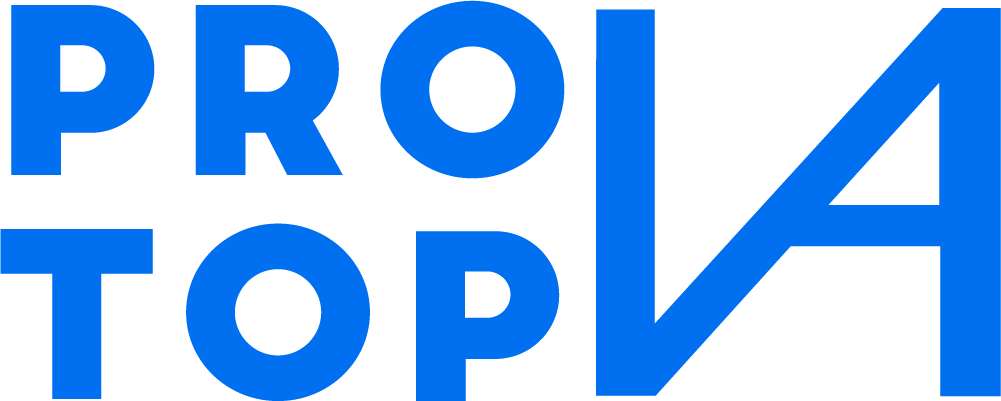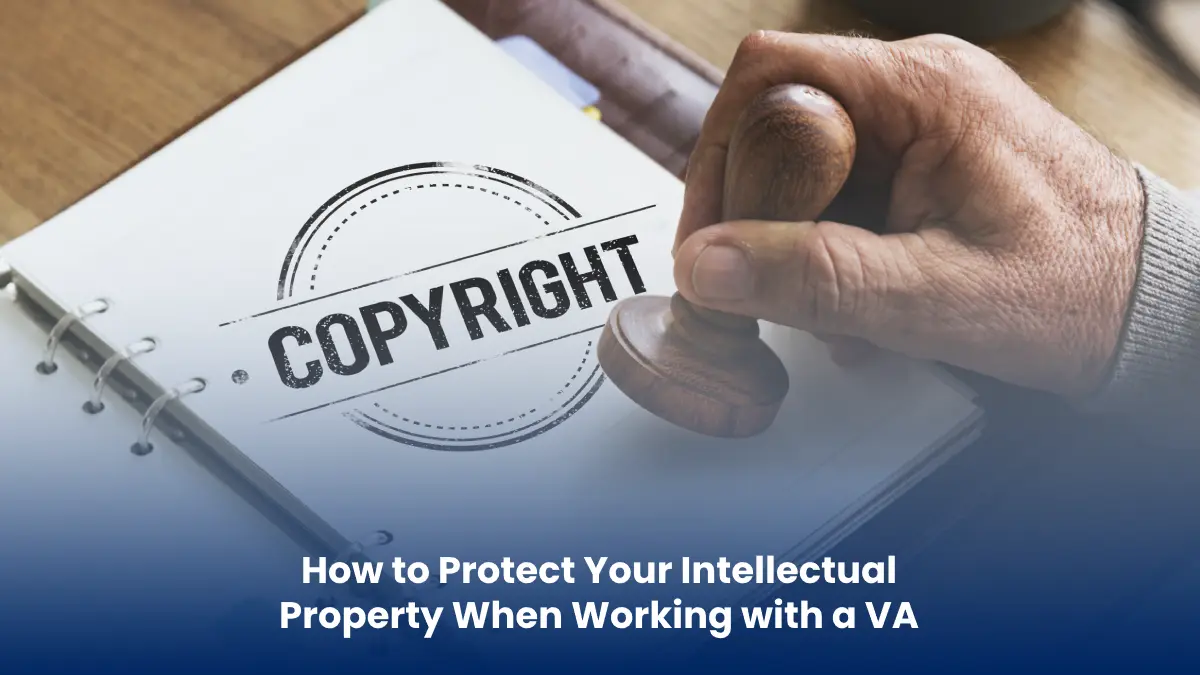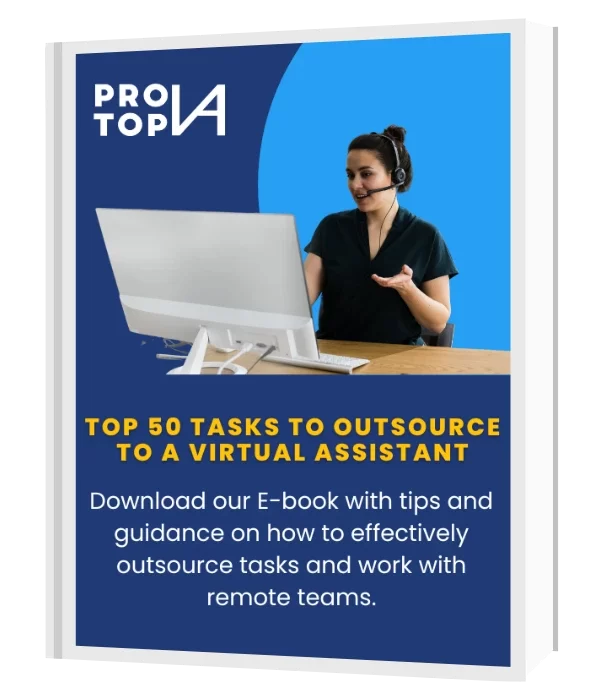As more and more businesses outsource their work to virtual assistants, it’s important to be aware about your intellectual property protection. By following the five tips into this article, you can help to ensure that your confidential information and proprietary content stays safe.
The idea is not to generate an environment of conflict with your remote worker. On the contrary, these strategies seek to clarify the relationship with your VA in terms of intellectual property rights and information management within your company, in order to avoid legal disputes in the future.
Before that, it’s necessary explain what intellectual property is and why this one is important for you and your business.
Table of Contents
What is Intellectual Property?
Intellectual property (IP) is a creation of the mind, such as an invention, a literary or artistic work, a design, a symbol, a name, or an image. IP can be protected by law through patents, copyrights, trademarks, and trade secrets.
Examples of Intellectual Property:
- Patents: Protect new inventions, such as new products, processes, or machines.
- Copyrights: Protect original works of authorship, such as books, music, movies, and software.
- Trademarks: Protect brand names, logos, and other symbols that identify a business or product.
- Trade secrets: Protect confidential business information, such as recipes, formulas, and customer lists.
Why is Intellectual Property Important?
IP is important because it protects the creative works and inventions of individuals and businesses. This allows them to profit from their creations and to prevent others from copying or using them without permission. IP also encourages innovation and creativity, as people are more likely to come up with new ideas if they know that they can protect them.
What is Intellectual Property Protection?
Intellectual property (IP) protection is a legal framework that helps businesses and individuals protect their creative works, inventions, and other intangible assets. IP protection can take many forms, including patents, trademarks, copyrights, and trade secrets.
Patents protect inventions, such as new products, processes, or machines. Trademarks protect brand names, logos, and other symbols that identify a business or product. Copyrights protect original works of authorship, such as books, music, movies, and software. Trade secrets protect confidential business information, such as recipes, formulas, and customer lists.
IP protection is important because it helps businesses and individuals to:
- Prevent others from copying or using their creations without permission.
- Gain a competitive advantage in the marketplace.
- Protect their investment in research and development.
- Secure financing for their businesses.
How to Protect Your Intellectual Property:
When working with a virtual assistant, it is important to take steps to protect your IP. This includes:
1. Use a non-disclosure agreement (NDA).
An NDA is a legally binding contract that prohibits the virtual assistant from disclosing any confidential information that they may come across during the course of their work. This includes your business plans, marketing strategies, customer lists, and any other sensitive data.
2. Be clear about ownership of intellectual property.
When you hire a virtual assistant to create content, designs, or other work products, it’s important to be clear about who owns the copyright. In most cases, the copyright will belong to you, the client. However, it’s always best to spell this out in writing, just to be safe.
3. Use secure communication channels.
When you’re sharing confidential information with your virtual assistant, it’s important to use secure communication channels. This means using encrypted email, file sharing services, and video conferencing platforms that have strong security features.
4. Implement security measures on your computer systems.
Make sure that your computer systems are properly secured to protect against unauthorized access. This includes using strong passwords, installing security software, and keeping your software up to date.
5. Monitor your virtual assistant’s activity.
It’s a good idea to monitor your virtual assistant’s activity to make sure that they are not accessing or using your confidential information in any unauthorized way. This can be done by reviewing their computer activity logs, checking their email and file sharing accounts, and monitoring their internet activity.
By following these tips, you can help to protect your intellectual property when working with a virtual assistant. By taking the necessary precautions, you can help to ensure that your confidential information and proprietary content stays safe.
Additional tips for successfully protecting intellectual property:
- Do your research and choose a virtual assistant who has a good reputation for protecting intellectual property.
- Keep your intellectual property up to date and properly documented.
- Be aware of the risks involved in sharing your intellectual property with others.
- Take steps to mitigate those risks, such as using secure communication channels and monitoring your virtual assistant’s activities.
By following these tips, you can help protect your intellectual property and avoid costly legal problems down the road.



